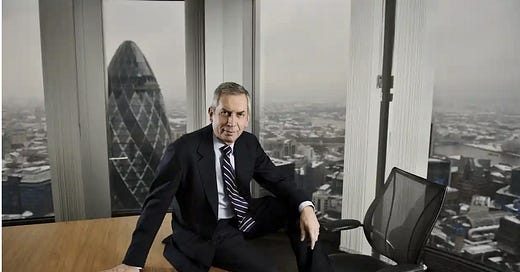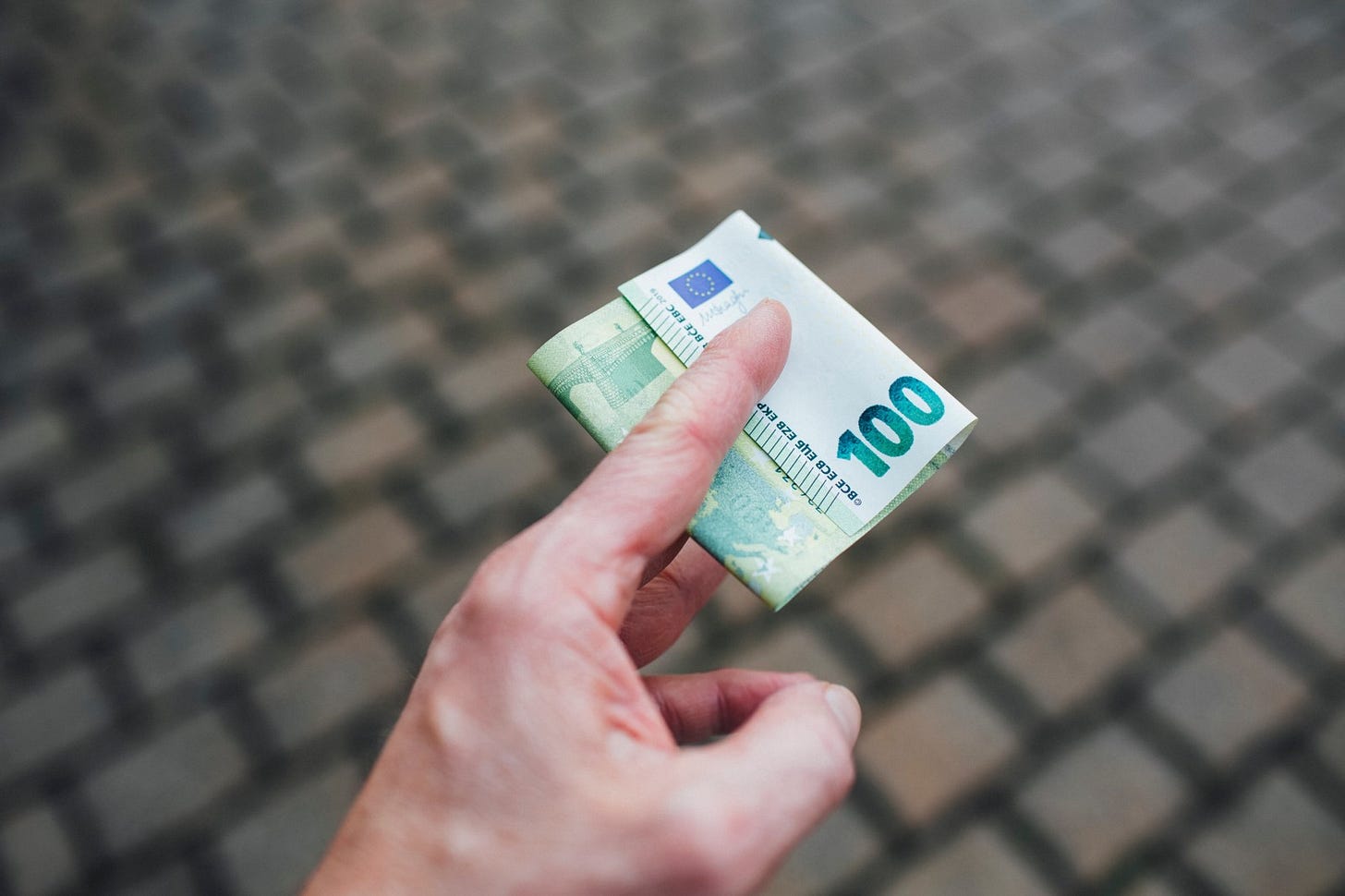This is the motto of a fund that is managed by someone who is dubbed as the British “Warren Buffett”.
“Buy good companies, don’t overpay, do nothing.”
This is the one-liner, 3 step process used by Fundsmith, the largest investment fund in the U.K. The fund is run by Terry Smith, often dubbed as the British “Warren Buffett”.
Fundsmith holds over £22 billion in assets under management and has returned 15% p.a. to its unitholders since inception in 2010. In comparison, the MSCI world index returned 11% p.a. over the same period.
Terry Smith believes that trying to predict macro trends is a fools’ game.
The good news is that we do not invest on the basis of our ability to forecast inflation or any other macroeconomic factor. We invest in companies not countries, indices or macroeconomic forecasts.
Instead, he focuses on investing in high quality companies that are growing at a sustainable rate. Throughout his 3 decades of working experience in the investment industry, Smith has developed a robust research process for Fundsmith to identify good companies.
The companies with a competitive advantage are those that can offer customers a superior product or service. This allows them to fend off competition.
1) Buy Good Companies
This is easier said than done. How do you even tell if the company is “good”?
Here are some factors to guide your decision.
Cash is king
When a company earns a lot of cash, it naturally attracts rivals to the business. This is where margins start to decline and reversion to the mean occurs. However, this is not the case for companies with a wide moat as they have a superior service or product which cannot be easily replicated.
It is not enough to just find companies that earn plenty of cash. Terry Smith also advocates buying companies who translate most earnings into free cash flow.
Earnings are an opinion, cash is a fact.
A study found that companies that translated most earnings into free cash flow (FCF) outperformed companies that translated the least earnings into FCF by 18% per year.
The higher the cash conversion rate, the better the company is able to convert its earnings into cash.
Compare the cash conversion of L’Oreal, one of Fundsmith’s top 10 holdings, to BP. Loreal’s cash conversion remains consistently high through the years, while BP’s cash conversion is spotty and inconsistent.
High Return on Invested Capital (ROIC)
Return on invested capital (ROIC) measures the return a company makes from investing its capital. Think of it as what returns retail investors like us get from investing our money.
The higher the company’s Return on Invested Capital (ROIC), the better.
The way that a company creates value is when:
ROIC > Cost of Capital
A company with a high ROIC should focus on increasing growth. On the flip side, a company with a low ROIC should focus on increasing ROIC.
Revenue Growth
Studies have shown that revenue growth is the main driver for value creation. The stock price will follow the topline growth and free cash flow growth.
High Gross Margin
A high gross margin is a good hedge against inflation. During bad times, companies with a high gross margin will be less affected than others.
The higher the gross margin of a company, the better the company is protected against inflation. When a company has high, consistent gross margins, there’s a good chance that the company has a wide moat too.
2) Don’t Overpay
The price you pay for an investment matters.
Even the best companies in the world can sometimes be so overvalued that you will end up with poor investment results.
Paying a high price for a wonderful company lowers your returns. You’ll need a longer time horizon to get the same return you would’ve gotten if you paid a lower price.
Pay a fair price for a wonderful company, and you’ll end up with wonderful investment returns.
3) Do Nothing
As Nassim Taleb, the best selling author of books such as “Skin in the Game” and “Anti-Fragile” puts it:
Don’t go to resorts where you meet “achievers” on commoditised vacation actively trying to relax. Go to villages (preferably your village of origin) and interact with locals who can teach you how to do nothing when there is nothing to do.
While this might be about vacations, it is also highly relevant for investors. When there is nothing to do, the best course of action is to do nothing.
The best investor is a dead investor. Trading too much harms your investment results. Be disciplined and don’t trade too much.









